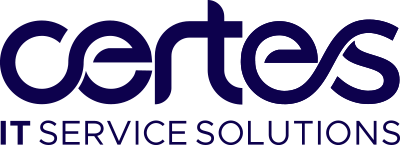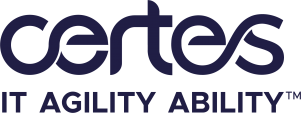In today’s fast-evolving digital landscape, the pace of technological change is staggering. What was once considered an
“IT decade” has now compressed to just three years. This means the tools, platforms, and languages dominating today’s market could become obsolete tomorrow. In fact, in some industries, the
half-life of skills (the time it takes for a skill to lose half of its value) has dropped to just
two and a half years.
This reality challenges one of the most traditional hiring mindsets in IT: recruiting based on current skills alone.
Why Hiring Based on Static Skills Is Failing
In such a dynamic environment, hiring purely based on existing skills is not only short-sighted, but it can also actively work against innovation and agility. By the time a candidate is onboarded and embedded into a project, there’s a good chance the tech stack they were hired for is already shifting.
This isn’t to say that technical skills aren’t important; they are. But in isolation, they’re simply not enough.
Organisations need to start focusing on what truly drives long-term success in tech: adaptability, learning agility, and a growth mindset.
The Shift to a Skills-First Hiring Mindset
The good news? Many forward-thinking HR leaders are already pivoting toward
skills-first strategies. Instead of zeroing in solely on a candidate’s current tech stack knowledge, this approach evaluates:
- Potential to learn new tools and systems
- Problem-solving abilities
- Collaboration and communication skills
- Previous patterns of upskilling and development
This shift opens up a wider and more diverse pool of talent, not just externally, but internally as well.
Learning & Upskilling: The New Competitive Advantage
According to recent research from
Udemy, companies investing in skills-focused learning see real results:
- 63% of respondents said skills-focused learning directly improved business outcomes
- Organisations reported increased productivity and higher retention rates
- Employee engagement, a top priority for 78% of HR leaders, also rose significantly
The message is clear: when organisations support continual learning, employees stay longer, perform better, and adapt faster to change.
What This Means for Employers and Candidates
At Certes IT Recruitment, we’re seeing this shift first hand. Employers are increasingly valuing
adaptability over specialisation, and
potential over proficiency. They’re asking not just, “What can this person do today?” but, “What could this person learn to do tomorrow?”
Likewise, candidates are beginning to understand that keeping skills fresh isn't just nice to have, it’s essential. Certifications, side projects, online courses, and a demonstrated hunger to grow are now differentiators in the hiring process.
Final Thoughts: The Future Is Fluid
The tech industry’s rapid pace isn’t slowing down. By embracing a
skills-first, learning-centric approach, organisations can build resilient, future-ready teams that thrive no matter how the landscape evolves.
At
Certes IT Recruitment, we help our clients identify candidates with not just the right skills, but the right
potential. Let’s build teams that are ready for today
and tomorrow.



















